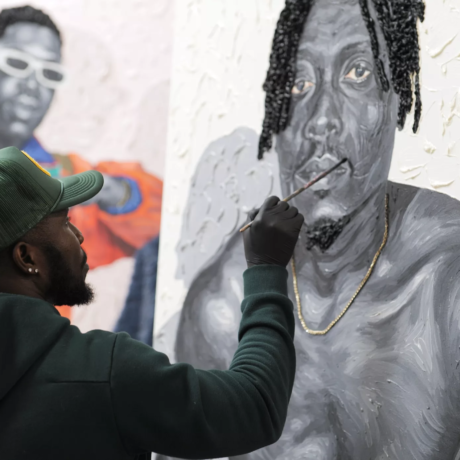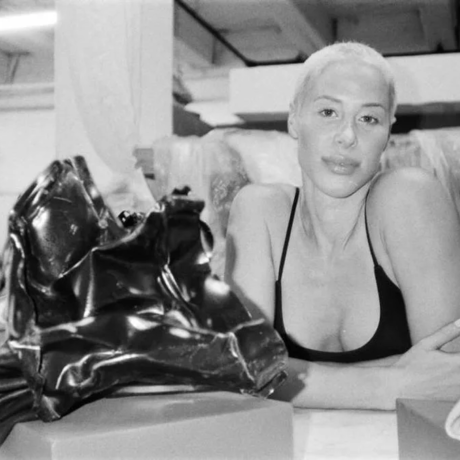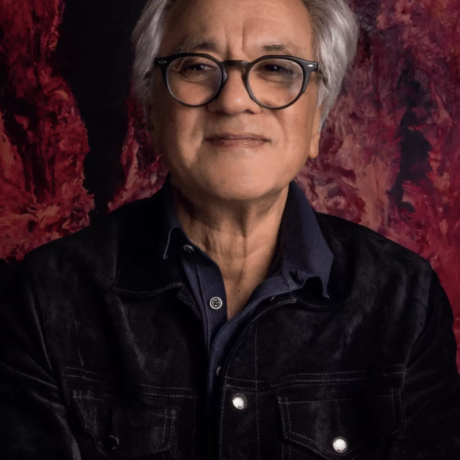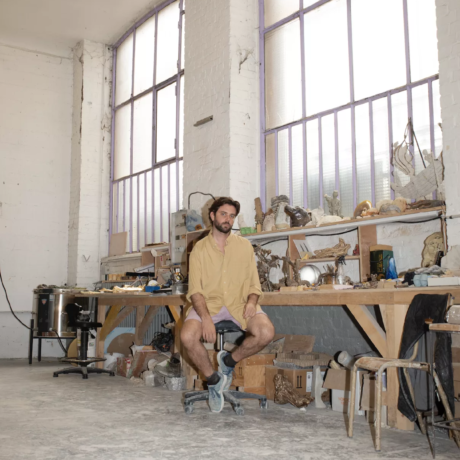
Even in the most stable of jobs, I have long been haunted by the prospect of my work abruptly coming to an end. Put it down to personal insecurities or the instability of the media industry at large, but I can’t seem to shake the image of it all crashing down around me from one day to the next. As we all become newly acquainted with the meaning of the word “furloughed”, and freelancers are put out to pasture, my ever-present fear feels suddenly more real than ever. It’s as if what I had always dreaded has finally come true.
I keep a folder on my desktop that is named “Shop Floor CV”. It has sat there for more than ten years, and I have found myself returning to it on more than one occasion when I thought that I had put my days as a retail assistant behind me. After I graduated, I expected to find myself an entry-level job at a newspaper or magazine, and prepared myself for inevitable hard work at the bottom of the pile. But instead, I found myself jobless and with too much time on my hands.
I scoured jobs boards for opportunities, but the roles that I was looking for never seemed to be advertised. I was desperate to start working, but couldn’t seem to find a way in. After a while, I put away the media CV that I had prepared with the careers advisor at university and pulled up my old shop floor CV instead, which had got me work during my A-levels. I quickly found employment at a busy clothes store in Central London.
The lack of diversity in the media and arts industries is a well-known problem, but I hadn’t anticipated the complete lack of transparency when it came to hiring. I expected to at least get a shot at applying, even if I didn’t make the cut. Instead I came to realize that many jobs are offered causally over coffee or a glass of wine, often to friends, family or acquaintances of editors and gallerists. I found myself at a dead-end. Short of accepting unpaid work in the industry, I felt like every door was closed to me.
“I came to realize that many jobs are offered causally over coffee or a glass of wine, often to friends and family”
Worst of all, the nepotism that glues the industry together is not only hidden in plain sight. It is actively celebrated. In the world of product design, familial dynasties from Vitra to Alessi are held up as the ultimate in charming origin stories. Leadership roles are passed down through generations, as the romanticized allure of the “family business” is put front and centre in their marketing.
The same goes for countless blue chip art galleries, as sons and daughters step into creative jobs that have been waiting for them since birth. Unsurprisingly, many galleries choose to go by their family name. It is common for the first commissions of architects and interior designers to come from family and friends wealthy enough to finance them, as was the case for now-household names like Richard Rogers, whose first project was a new London home for his parents.
There is also the notion of the “culture” of the workplace, which prospective employees must fit into. It goes without saying that an industry dominated by the white and wealthy will undoubtedly seek a reflection of itself when looking for that perfect fit. There has been remarkably little progress made in diversifying, and demystifying, the art world over the last thirty years. It is no wonder that so few from non-traditional backgrounds make it into the fold, and there needs to be greater conversation around how and why those working in these rarified roles get to where they are.
In the end, I took on an unpaid internship at a glossy lifestyle magazine alongside my job on the shop floor. After two months, I was taken on as a freelancer on a day rate that amounted to minimum wage. I ceremoniously quit my shop job, believing that I had finally made it in media. Just under a year later, the magazine dropped me as swiftly as I had waved goodbye to my retail life. It wasn’t long before I was pulling up my shop floor CV once more, seemingly back to where I had started. I found a new full-time job at a fashionable East London boutique.
“There needs to be greater conversation around how and why those working in these rarified roles get to where they are”
An anonymous article published earlier this week in Tribune magazine, titled The Slow Death of Modern Journalism, details numerous stories similar to my own. One young journalist on a zero hours contract found themselves suddenly without work one Christmas. “I was given no warning that they would be cutting me, despite the editor obviously knowing he was considering letting me go,” they recount. “I was now jobless and wondering how I was going to put money together to pay any of my bills in the New Year.” Others describe working nights where they must write roughly an article per hour as freelance workers, meaning their shifts could be docked in an instant if they are unable to hit targets.
The long-term impacts of the pandemic are still to be seen, but it is likely that the recent pay cuts and staff reductions will not end with the virus. The media industry has been stretched to breaking point, and the future is now more uncertain than ever. The only jobs that I have ever got within the industry are ones that were advertised publicly, but these will surely only become scarcer. I am lucky to remain employed for now, but I have learned to never get too comfortable.
I sometimes wonder if I would have accepted professional introductions to editors and publishers from my parents, had they been able to give them. I’d like to say that I would have turned them down, but then I remember my palpable desperation at various times during my twenties. It is not a choice that I had to make, but the system that permits these routes in is permanently broken. Until this changes, I will keep my two CVs ready and waiting. I might need them sooner than I think.
Are We There Yet is a fortnightly column by Louise Benson. Top image © Nick Prideaux





